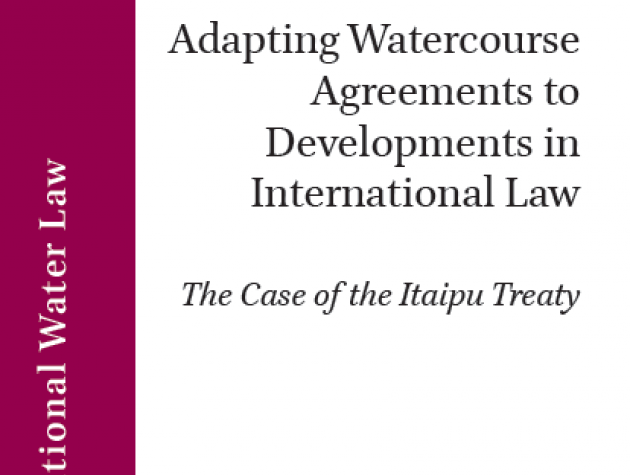Effective Leadership in International Organizations
Shubhra Saxena Kabra, Yulia Taranova, Miles Kellerman, Hugo Batten
Good leadership of international organizations is incredibly important for effectiveness, whether organizations are tackling economic crises or international conflicts. And yet, recruitment processes for leaders are often in transparent and highly politicized, and the ill-defined nature of the role frequently means leaders are easily influenced or cannot be held accountable.
On 10 April, the Blavatnik School of Government and the World Economic Forum published the report ‘Effective Leadership in International Organizations’ identifying best practices and setting out solutions to improve the performance of executive heads of international organizations. GEG’s Director Ngaire Woods led the project, to which Nina Hall, Research Associate with GEG, also contributed.
Leadership of international organizations is a live issue: in 2016 states will select a new Secretary General of the United Nations, and states are debating in the General Assembly about how the process could be reformed and updated.
Drawing on 18 months of research, the report’s authors distilled seven indicators of effective leadership:
On 10 April, the Blavatnik School of Government and the World Economic Forum published the report ‘Effective Leadership in International Organizations’ identifying best practices and setting out solutions to improve the performance of executive heads of international organizations. GEG’s Director Ngaire Woods led the project, to which Nina Hall, Research Associate with GEG, also contributed.
Leadership of international organizations is a live issue: in 2016 states will select a new Secretary General of the United Nations, and states are debating in the General Assembly about how the process could be reformed and updated.
Drawing on 18 months of research, the report’s authors distilled seven indicators of effective leadership:
- Selecting and re-electing leadership on merit
- Holding the leader to account for their individual performance
- Setting and evaluating ethical standardAs of leadership
- Developing and retaining talent with the organization and in particular at the leadership level
- Enabling the leader to set strategic priorities
- Engaging with a wide range of stakeholders
- Evaluating independently and effectively the organization’s performance
International economic organizations, whether the IMF or regional development banks, have a mixed track record with respect to meritocratic and accountable leadership. But there are clear examples of best practice:
- In re-election processes, the African Development Bank and the European Bank for Reconstruction and Development consider a range of candidates in addition to the incumbent, ensuring more meritocratic selection
- The Managing Director of the IMF has since 2009 been evaluated annually by the executive board based on agreed performance objectives
- The Asian Development Bank has set tangible objectives in a 12-year framework released in 2008. A midterm review in 2013 found that 80% of the Bank’s work was concentrated in its five core strategic areas







